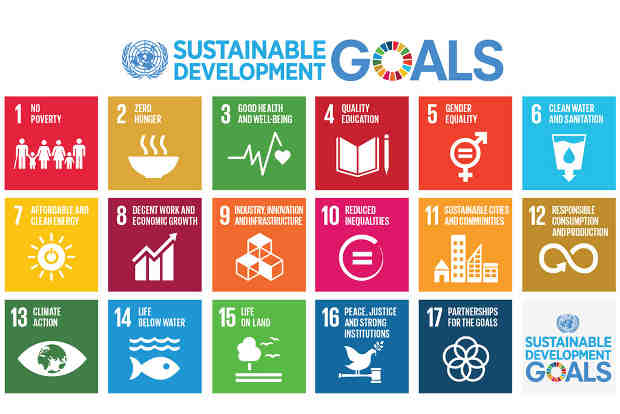How E-Government Can Help Achieve Sustainable Development Goals
The United Kingdom, followed by Australia and the Republic of Korea, lead the world in providing Government services and information through the Internet, according to a new survey released by the United Nations showing the progress of nations in promoting e-government.
The 2016 United Nations E-Government Survey provides new evidence that e-government has the potential to help support the implementation of the 2030 Agenda and its 17 Sustainable Development Goals.
The Survey finds that e-government is an effective tool for facilitating integrated policies and public service by promoting accountable and transparent institutions through open data and e-participation and participatory decision-making, as well as by advancing online services to bridge the digital divides.
[ Twitter Sewa to Address Complaints of Indians ]
The Survey found that the United Kingdom has pursued continued development on e-government innovation, and its Government Digital Service has been replicated by other countries around the world.
Australia and the Republic of Korea recently established robust telecommunications infrastructure, invested in developing their human resources, expanded usage of e-government facilities and extended service delivery.
At the regional level, the Survey found that Europe continued to lead on e-government, followed by the Americas, Asia, Oceania and Africa.
Europe was led by the United Kingdom. Oceania was led by Australia. The Republic of Korea topped the list in Asia. The United States led countries in the Americas, and ranked twelfth overall. Mauritius was the top performer in Africa, and ranked fifty-eighth worldwide.
The rankings are based on the report’s E-Government Development Index (EGDI), which ranks countries by measuring their use of information and communications technologies to deliver public services.
The Index captures three dimensions: scope and quality of online services, status of telecommunication infrastructure and existing human capacity. A key theme is how information and communications technology (ICT) and e-government can best contribute to the implementation of the Sustainable Development Goals.
The survey observed that effective use of ICTs by Governments can help people connect to the services they need, as well as create a fair society that provides equal opportunities for everyone.
E-government has grown at a rapid pace over the past 15 years. In the 2016 Survey, 29 countries score “very high”, with EGDI values in the range of 0.75 to 1.00, as compared to only 10 countries in 2003.
Since 2014, all 193 Member States of the United Nations have delivered some form of online presence. This is in stark contrast to 2003, when 18 countries, or about 10 per cent of all countries, were without any online presence.
In 2016, 51 per cent of countries had “low-EGDI” or “medium EGDI” values, down from over 73 per cent of countries in 2003.
The United Nations E-Government Survey is produced every two years by the United Nations Department of Economic and Social Affairs.
It is the only global report that assesses the e-government development status of the 193 United Nations Member States. It aims to serve as a tool for countries to learn from each other, identify areas of strength and challenges in e-government and shape their policies and strategies in this area.
It is also aimed at facilitating discussions of intergovernmental bodies, including the United Nations General Assembly and the Economic and Social Council, on issues related to e-government and development and to the critical role of ICTs in development.














